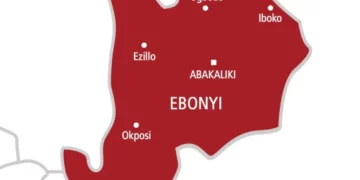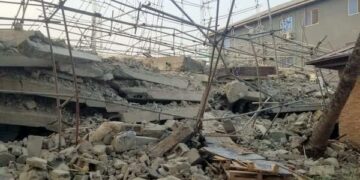The Lagos State Ministry of Women Affairs and Poverty Alleviation(WAPA) in collaboration as a World Bank-assisted project with the federal government have successfully completed the vocational training of 2,144 vulnerable residents to reduce the adverse effects of COVID-19 pandemic on their livelihood .
The state’s commissioner for women affairs and poverty alleviation, Mrs Cecilia Bolaji Dada, who stated this while addressing the beneficiaries in Apapa area of Lagos said the ministry remains focussed on alleviating the plights of the vulnerable in the state, in order to transform their status from a state of dependency to self-reliance.
Dada said the ministry has created a social intervention platform tagged, “Lagos Cares Livelihood Support Delivery project DLI 1.3” to train 2,145 vulnerable residents , whose businesses were affected by the pandemic.
Her words, “The government understands the effect that the COVID-19 pandemic caused, as such, the NG-Lagos CARES project is a commendable socio-economic intervention initiative, targeted at the vulnerable and indigents residents in Lagos State, irrespective of their ethnicity, beliefs and religion, as part of the move to ease the impact of the pandemic and make them financially independent .”’
Dada emphasised the government’s commitment to implementation of the programme and welfare of its citizens , adding that the Governor, Sanwo-Olu led government is particular about the well-being of the indigent and vulnerable residents across the metropolis.
“Today, the closing ceremony for this social intervention programme is being directed at self-reliance, such that vulnerable residents across the state can support their families and contribute towards the Greater Lagos Vision, “ she said.
In her address, the head of Livelihood Support Delivery Platform DLi 1.3; Mrs Oluwatoyin Salami, stated that the prospective recipients were drawn, through a transparent selection process, from the State Social register domicile in the Ministry of Economic Planning and Budget’s database.
Salami reiterated that “the selection process was free and fair, therefore beneficiaries were selected on merit, through the Lagos State Social Register and the Household enterprises in the informal sector, which cuts across biases such as gender, age, health status, amongst others”




